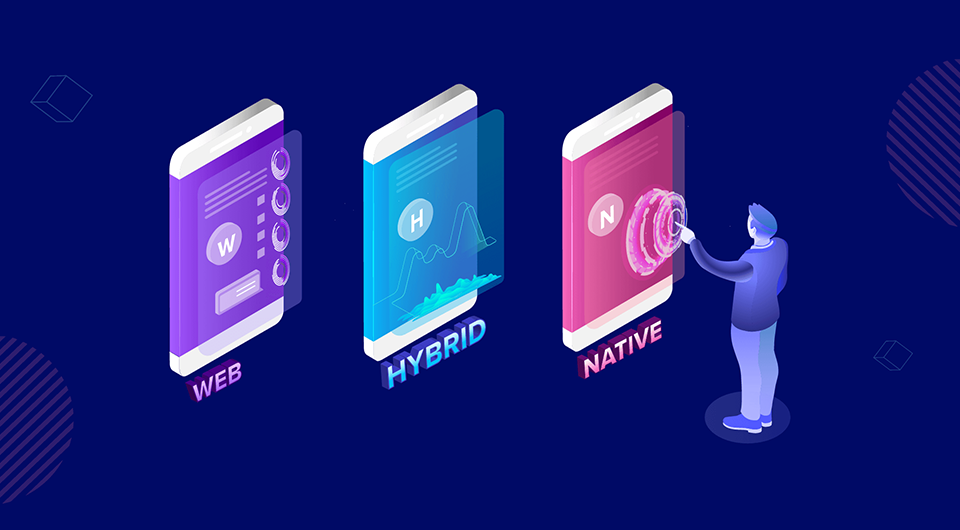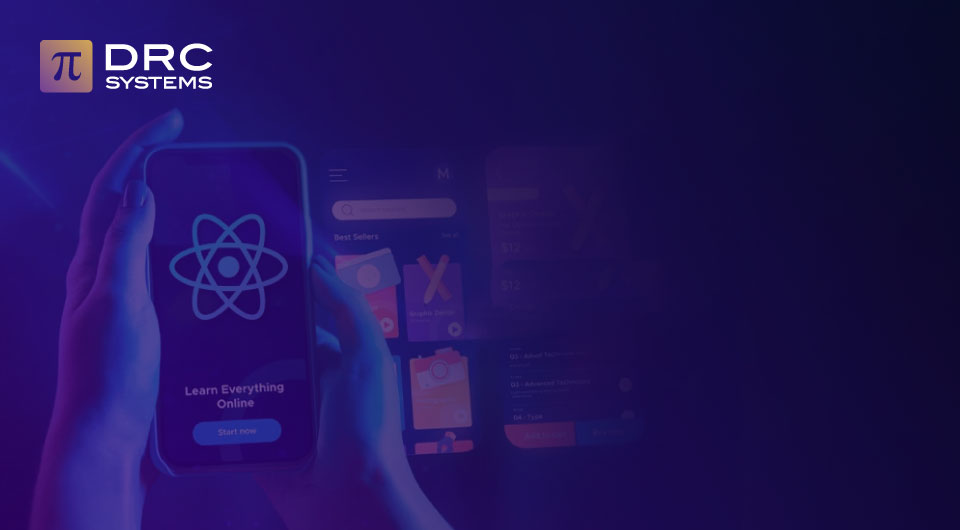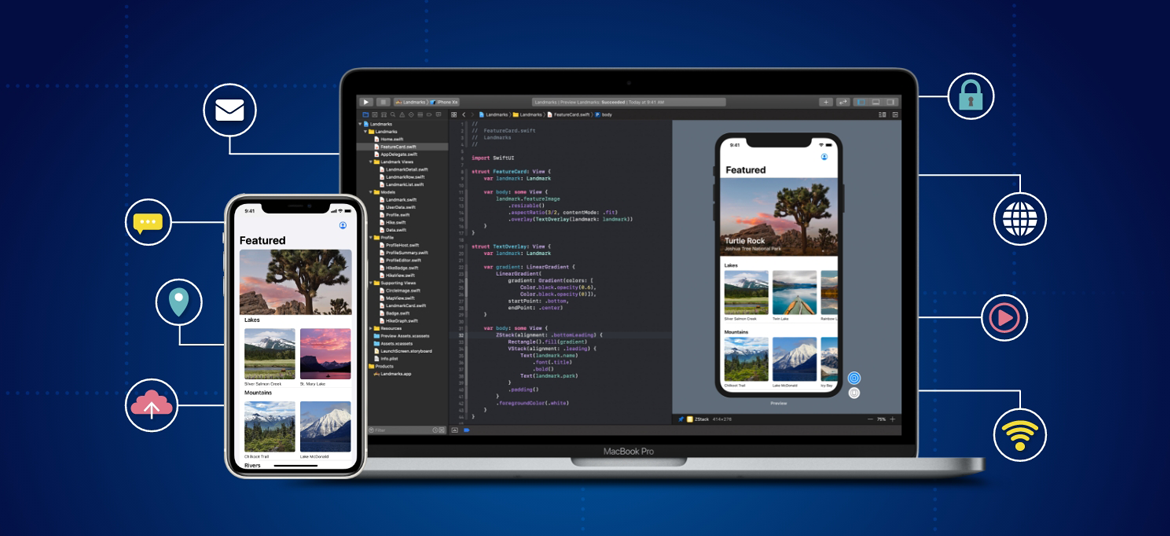Related Articles
5 Popular Test Automation Tools for React Native Apps
React Native is one of the most dynamic and developer-friendly cross-platform app development frameworks, introduced by Meta (formerly Facebook),it enables…
Read The PostPopular Mobile App Database for your Application & How to choose
This article lists the top 10 databases for mobile applications you should consider before building your app.
Read The PostChoosing the right language for iOS app development
If you are searching for the best programming language for iOS app development, this blog will help you find it.
Read The Post



